AARP Hearing Center

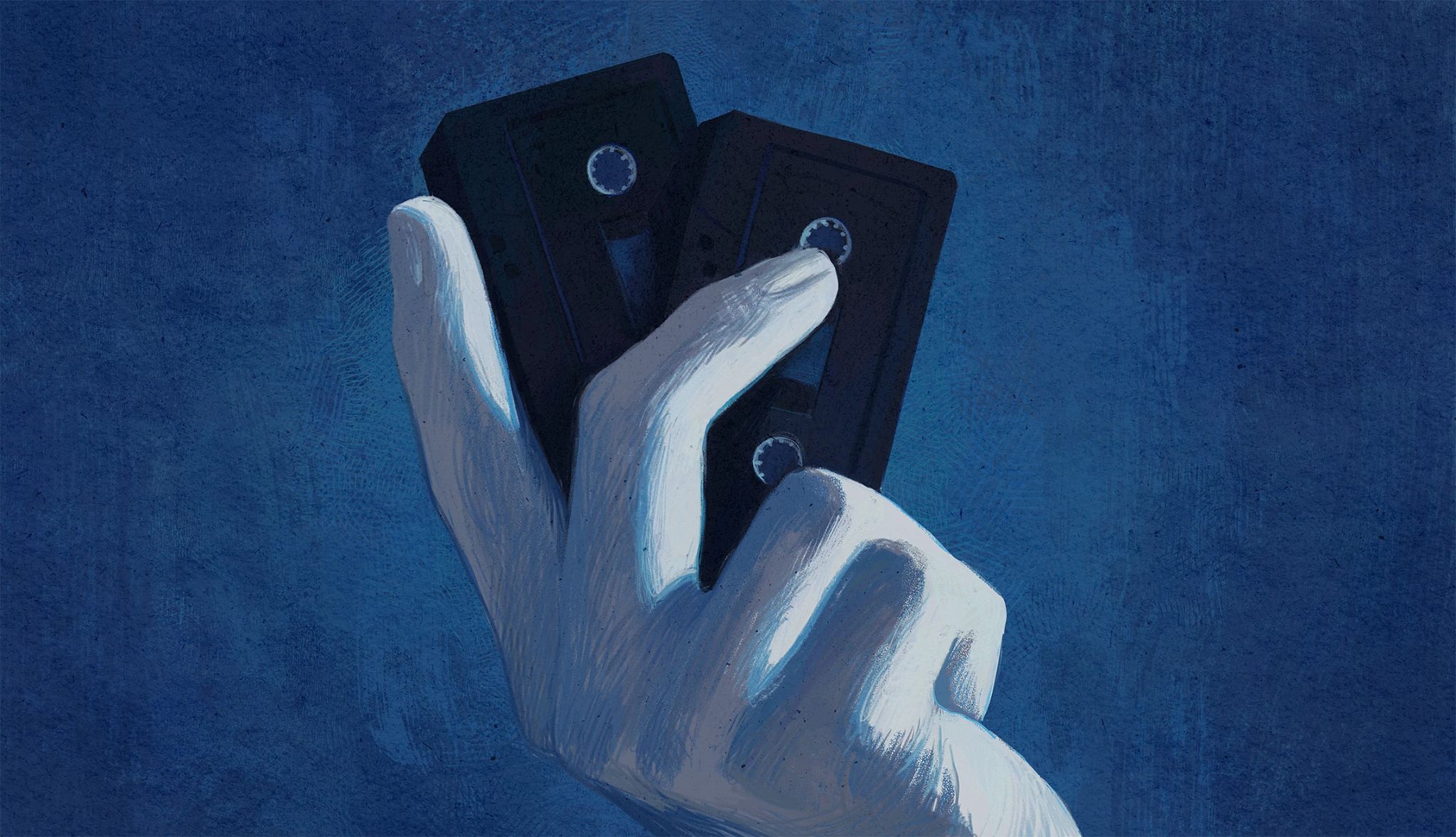
Jump to chapters
Chapter 21 • Chapter 22 • Chapter 23 • Chapter 24 • Chapter 25 • Chapter 26 • Chapter 27 • Chapter 28 • Chapter 29 • Chapter 30
Chapter 21
Laurie had known that this breakfast would be charged with tension, but had underestimated how electric the atmosphere in the room would become.
It hadn’t taken a minute to know that Muriel Craig was a perpetual liar when she rattled on about how dear a friend Betsy Powell had been to her.
Everyone knew that at one time Muriel had been linked to Robert Powell, and that she had issued a statement after his sudden marriage to Betsy claiming that he was only one of three men she was dating.


LIMITED TIME OFFER: Labor Day Sale!
Join AARP for just $9 per year with a 5-year membership and get a FREE Gift!
What is she thinking when she looks around this house and knows it might have been hers? Laurie wondered. The dining room had a portrait of an aristocratic man with a disdainful expression, whom Jane had explained was Mr. Powell’s ancestor, a signer of the Declaration of Independence, of course.
I’ll check that one out, Laurie thought. She’d always heard Powell was self-made. That said, the dining room was beautiful, with its red walls and Persian carpet and splendid view of the back gardens. She watched as the film equipment was unloaded for the outdoor scene that would be one of the first shots of the program. They had already filmed the mansion from the front. Now Alex Buckley would begin his narrative as those clips were unrolling.
Jane had laid the juice, coffee, rolls, sweet buns, and fruit on the top of the antique sideboard.
The handsome table had been set for ten. The sterling flatware had the mellow glow of antique pieces, as did all the serving platters.
Powell is certainly making sure that this little breakfast get-together is a not-too-subtle reminder of who and what he is, Laurie thought as in quick succession George Curtis, Alison Schaefer and her husband, Rod, and Alex Buckley arrived. They were followed soon after by Regina Callari.
She watched with keen interest as the three friends, who had not seen one another in twenty years, clasped hands and then exchanged spontaneous hugs.
“My God, it’s been so long . . . You haven’t changed a bit . . . I’ve missed you guys . . .” were the seemingly genuine expressions from the three graduates, while Muriel Craig, George Curtis, Rod Kimball, and Alex Buckley held themselves back from the reunion.
Promptly at nine o’clock Robert Powell entered the dining room. “Jane has told me that Claire is not here yet,” he said. “In that way she is exactly like my dear Betsy.”
Watching him closely, Laurie was sure that beneath the façade of being amused by Claire’s absence, he was furious. He must have wanted to make an entrance with all four of the graduates here, she thought.
She watched as, one by one, Powell embraced each guest with an effusive welcome. He greeted George Curtis with a “Thanks so much for coming, George. We’d both be happier on the golf course.” He turned to Rod with a warm “We never did meet, did we?” Finally he approached Muriel Craig.
“I saved you for last,” he said tenderly as he put his arms around her and kissed her. “You’re as gorgeous as ever. Have you been in a time capsule these twenty years?”
A radiant Muriel returned his embrace, then, as Laurie watched closely, shot a look at her daughter, who shook her head and turned away.
“I see you all have coffee,” Rob said. “But you’ve got to at least sample the muffins Jane has baked for you. I can promise they’re delicious. Then please sit down wherever you want, except that Muriel will sit next to me.”
My God, he’s laying it on, Laurie thought. The next thing, he’ll be proposing to her on bended knee. She was surprised he was being so obvious. But of course, she was his old flame.
They all sat at the table, Alex Buckley choosing a seat between Nina Craig and Alison. Rod Kimball hobbled over to the chair on Laurie’s left. “We’re very grateful to you, Ms. Moran, for creating this opportunity for the girls—I guess I should say women—to try to clear themselves from the lingering suspicion that one of them was a murderer,” Powell said.
Laurie did not say that there were two other people in the house that night: Robert Powell, Betsy’s husband, who had been rushed to the hospital in a total collapse with third degree burns on his hands; and Jane Novak, Betsy’s longtime friend and housekeeper.
Jane had arrived in the room seconds after Powell had become hysterical.
It would have seemed to me that he wouldn’t want to keep her, but he did, Laurie thought. Since we’ve been around, it’s obvious that her main purpose in life is to anticipate his every wish.
“I can only imagine what it would be like to never know when some journalist will rehash the story,” Laurie said now.
“You don’t need a journalist,” Rod said grimly. “Everyone has a theory. There are wild rumors all over the Internet.”
Laurie realized she had liked Alison’s husband the minute she met him. His handsome face bore lines of the suffering he had endured after the terrible accident that had left him disabled and ruined his career, but she saw no trace of self-pity in his demeanor. It was obvious he was devoted to his wife. He had stood protectively at her side with his arm around her when she was greeted by Robert Powell. But why was that necessary? Laurie wondered.
“Well, let’s hope that the program will give people an understanding that these young women were incidental to the tragedy. I know my two assistants have read everything there is to read about the circumstances, and both are convinced that an intruder, who may have crashed the Gala in evening clothes, slipped in through the unlocked door and was after Betsy’s emeralds.”
The sound of the doorbell hushed all conversation. Everyone turned to look at the entrance to the dining room.
Robert Powell pushed back his chair and stood up. They heard the sound of footsteps coming down the hall, and then she was there, Claire Bonner, stunning with her blond hair touching her shoulders, her blue eyes accentuated by carefully applied makeup, her slender figure elegant in a couture suit, a warm smile on her face as she looked from one face to the next at the table.
My God, she’s the image of her mother, Laurie thought, then heard a strangled moan and the heavy thud of something falling on the floor.
Nina Craig had fainted.
Chapter 22
Leo Farley drove past Robert Powell’s house at a normal speed. In no way did he want to attract attention, although if he were stopped for any reason, he had his NYPD retirement ID in his wallet.
That thought made him smile. “Dad, every cop in the tristate area recognizes you; for years you were the one who talked to the media when there was a major crime.”
It was true, Leo acknowledged to himself. His boss, the then police commissioner, had preferred to be away from the glare of the media. “You do the talking, Leo,” he always said. “You’re good at it.”
On his last drive-by he had noticed that the driveway next to Powell’s had a chain across it to keep unwanted vehicles out. The shades of the mansion did not fully cover the windows, but were drawn very low. There were no cars in the driveway, and in general the entire property had an air of stillness about it that suggested the occupants of the house were away.
The name of the owner, J. J. Adams, was on the mailbox. Leo had googled and then looked him up on Facebook. It was a lucky hunch. A picture of Jonathan Adams and his wife was there, and their message to their friends was that they were in their villa in Nice and having a wonderful time. It was amazing what kind of information people volunteered, Leo thought. If he’d been a criminal, he could have used it to break into this house or worse.
Leo parked his car ten blocks away, near the railroad station, and then began to jog back to Old Farms Road. He had taken up jogging after he dropped Timmy off at school, and it was easy enough for him to get back to the place he had chosen as his observation post.
He was stopped at the corner by a squad car pulling up beside him. A veteran cop was next to the driver. “Inspector Farley, what are you doing here? I didn’t know you set foot outside your territory.”
It was a genial sergeant, whom Leo recognized as being a member of the bagpipe band that played on special occasions in Manhattan, such as the St. Patrick’s Day Parade.
Leo did not believe in happenstance. His immediate question after greeting the sergeant was whether Ed Penn was still the chief of police in Salem Ridge.
“You bet he is,” the sergeant confirmed. “He’s retiring next year.”
Leo considered. He had not planned to talk to the local police, but suddenly it seemed like a good idea. “I’d like to see him,” he said.
“Well, hop in. We’ll take you to the station house.” Five minutes later, Leo was explaining to Chief Edward Penn why he was jogging on the streets of Salem Ridge.
“You know, of course, that my son-in-law, Greg Moran, was gunned down, and that the killer told my grandson his mother and he were next.”
“I remember, Leo,” Penn told him quietly.
“Did you know my daughter is the producer of the Graduation Gala program?”
“I did. She’s an impressive woman, Leo. You must be proud.”
“Call it a hunch, but I have a feeling that this program could be trouble.”
“So do I,” Penn said crisply. “Don’t forget, I was around twenty years ago when we got the call from the housekeeper, screaming that Betsy Powell was dead. We thought it was a heart attack and called for an ambulance. Then we got there and the room was full—not just Robert Powell, but the four graduates and the housekeeper. It was a mess. And of course that meant that the crime scene was contaminated.”
“What was Powell’s reaction at that point?” Leo asked.
“White as a sheet, heart fibrillations, beyond shock. He always brought her coffee in the morning, so he was the one who found her, but I guess you read that in the papers.”
“Yes, I did,” Leo agreed, taking in the familiar sights and sounds of the station house. First the squad cars parked outside as he got out of his ride, then the sergeant’s desk, and then the hallway that he knew led to the holding cell and jail.
Leo missed being on the force in New York City. He had joined New York’s Finest as soon as he graduated from college. It was the only career he ever considered, and he had loved every minute of it.
He also knew that had he not retired, when a new police commissioner was appointed last year, he would probably have gotten the job. But none of that was important compared to preventing Blue Eyes from carrying out his threat.
Ed Penn was saying, “We gave those four girls a pretty tough grilling, but not one of them broke. I always thought that one of them did it, but it is possible that an intruder got in. That was a big party, and someone in formal clothes could have mixed with the crowd. According to the housekeeper, she had locked all the doors before she went to bed, but someone opened the one from the den onto the patio and left it open. Turns out two of the girls, Regina and Nina, had gone out there a couple of times to smoke a cigarette.”
It was everything that Leo had read. “You really think it was one of the girls who killed her?”
“They were too calm. Wouldn’t you think they’d all be more upset? Even Betsy’s daughter was mighty composed. I don’t think I saw a tear shed by any one of them either in that bedroom or the whole next week.”
“Would any one of them have had a motive?”
“Well, Betsy and her daughter, Claire, were so close that Claire drove back and forth to Vassar rather than boarding. Regina’s dad went bust and hanged himself after investing in Powell’s hedge fund. Regina was fifteen, and she found him hanging. But even her mother agreed that Powell had warned him strongly to invest only what he could afford to lose. Nina’s mother, the actress Muriel Craig, had been dating Powell, but when she was asked about it, she said they were just friends and both were seeing other people when he met Betsy. That leaves only Alison Schaefer. She was going around with Rod Kimball, the football player, and married him four months later. No motive there. As for Robert Powell, by all accounts he was broken up by her death and he’s never been linked to another woman.”
“If it wasn’t an intruder, that leaves the housekeeper,” Leo suggested.
“No motive there, either. Betsy knew her from her ushering days. Knew what a good worker she was and that she was a good cook. Betsy wasn’t comfortable with the previous housekeeper Powell had. She had been hired by Powell’s ex-wife, so there was no love lost there. Jane went from cleaning dressing rooms in the theatre to living in a three-room apartment in a mansion and commanding a pretty big salary. Betsy was always saying how much she valued her.”
“So that leaves an intruder,” Leo said.
Chief Penn’s expression became somber. “It doesn’t mean that having all of those six people together might not bring something to light. If it was one of them, that person is going to make sure she doesn’t raise any suspicion now, or that one of the others might know something that didn’t come out before. I read in the papers that Alex Buckley, the big-shot defense lawyer, is going to question all of them on camera. The idea is for each of them to convince a national audience that she isn’t guilty.”
Leo sensed that it was time for him to reveal why he was jogging in Salem Ridge some twenty miles from his home. “I’ve always thought that getting those people together to, in essence, relive that murder was a bad idea. But you know how we cops have hunches.”
“Sure I do. We’d be out of luck if we didn’t have them.”
“I have a hunch—make that a premonition—that my son-in-law’s killer, ‘Blue Eyes,’ as my grandson described him, might think that this is the perfect time for him to try to kill my daughter.”
Leo ignored the startled expression on the other man’s face. “It’s been five years. Laurie has had a lot of publicity about this program. Her picture has been in the media. On Twitter people have been giving their opinions of who might be guilty of Betsy Powell’s murder. Wouldn’t it make sense for the psychopath who killed Greg and threatened Laurie and Timmy to make his move now? Can you see the headlines if he succeeded?”
“I can. But how do you plan to prevent it, Leo?”
“Have an observation post on the grounds of the house next door. I checked, and the residents are away. I’ll watch for someone trying to sneak in over the back fence of the property. From what I’ve seen, that would be the only way an intruder would get in.”
“What if he tried to mingle with the television crew? Is that possible?”
“Laurie runs a tight ship. All the crew is on the lookout for the paparazzi. Any one of them would recognize a stranger in a minute.”
“So what happens if you see someone climbing over the fence?”
“I’m there before he gets over it.” Leo shrugged. “It’s the best I can do. No one is going to get inside the house while they’re filming there. Crew members will be guarding to make sure someone doesn’t come in and spoil a scene. They wrap up at about six o’clock, and I’ll take off. But I can’t let Laurie know I’m around her. She’d be furious. This program will either enhance her career or, if it doesn’t work, cost her her job.” Leo was quiet, then said seriously, “So, Ed, now you know why I’m jogging through your town.”
He saw a pensive look cross Penn’s face.
“Leo, we’re going to work with you. It won’t seem unusual for a squad car to drive by the Powell estate every fifteen minutes or so on both the front and back roads. His property goes to the next street. If we see a car parked anywhere around the Powell place, we’ll run the license plate. If we see anyone walking, if we don’t know him, we’ll check who he is.”
Leo’s heart surged with gratitude, and he stood up.
“And of course this may all be unnecessary. My son-in-law’s murderer may be on another continent right now.”
“And he may not be,” Chief Edward Penn said. Then he rose from his chair, reached across his desk, and gripped Leo’s hand.

































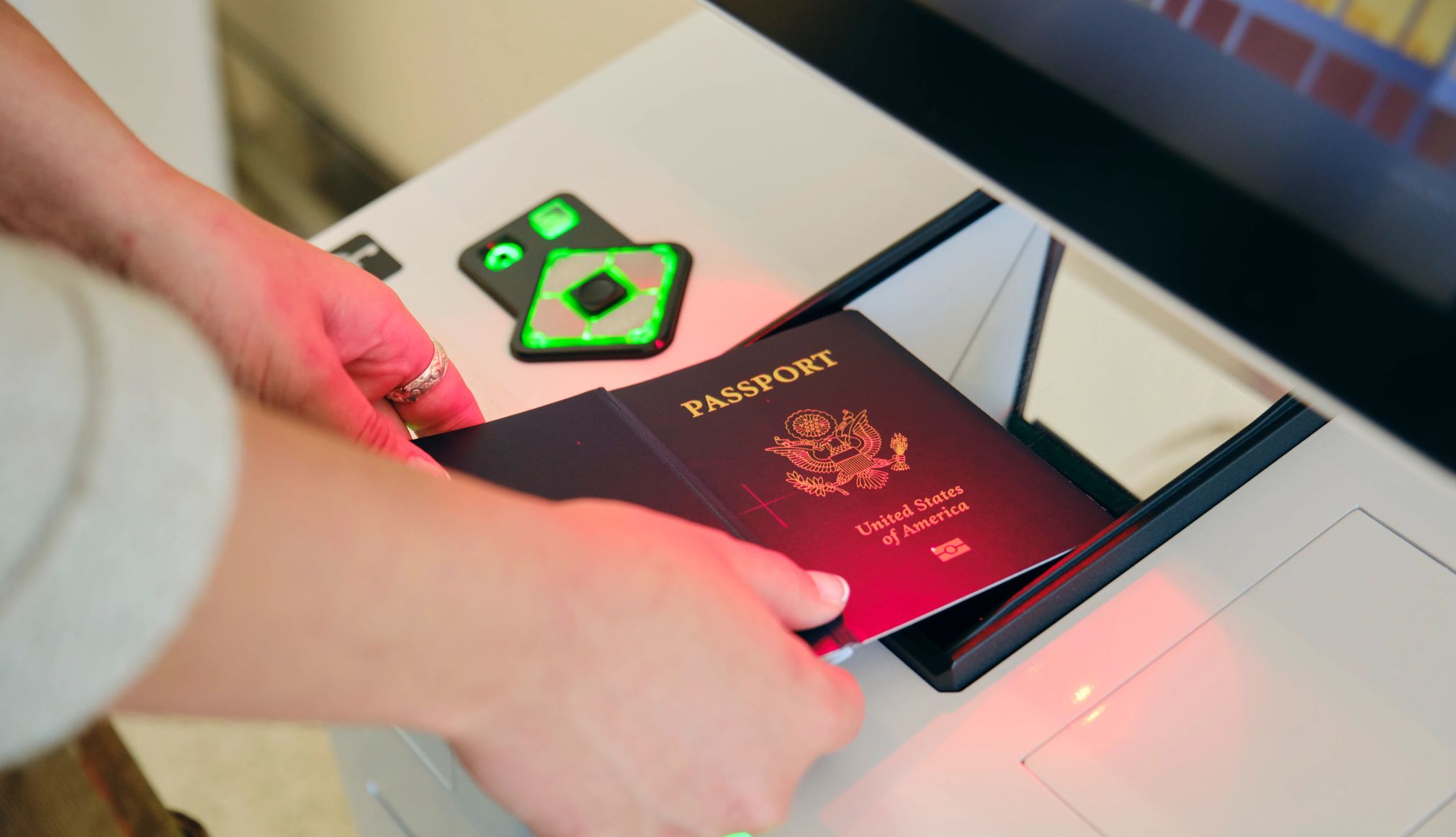

























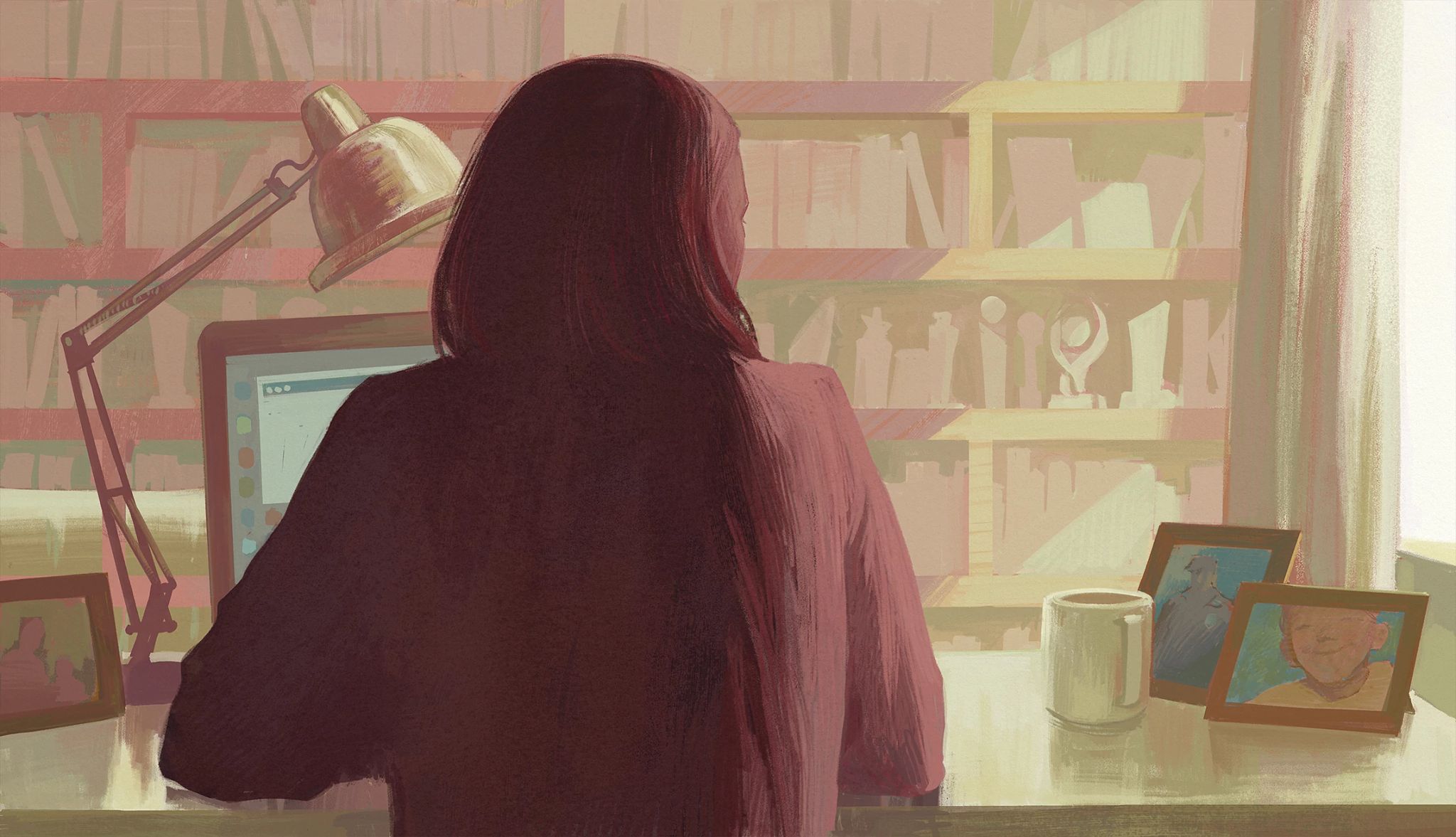
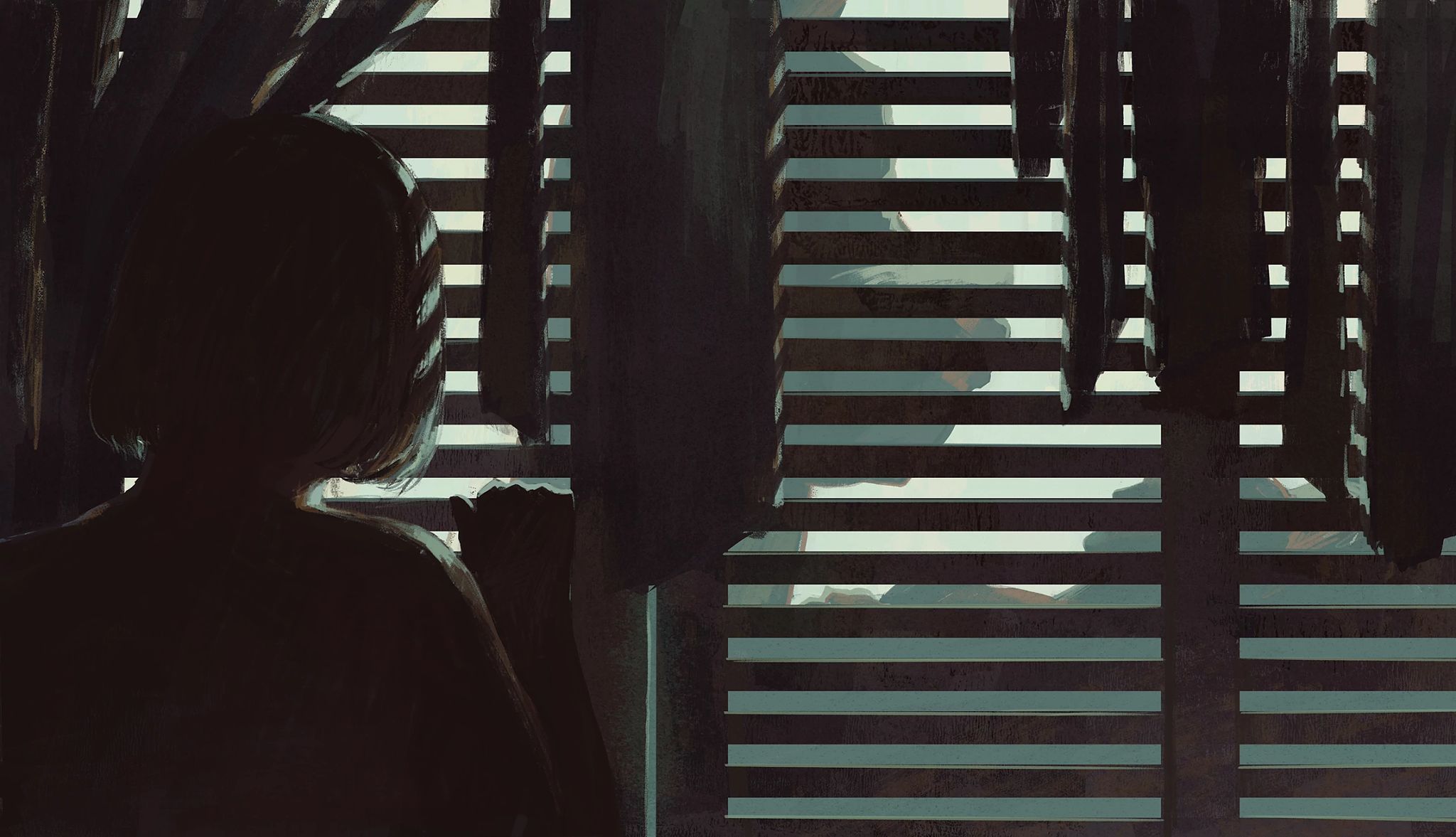
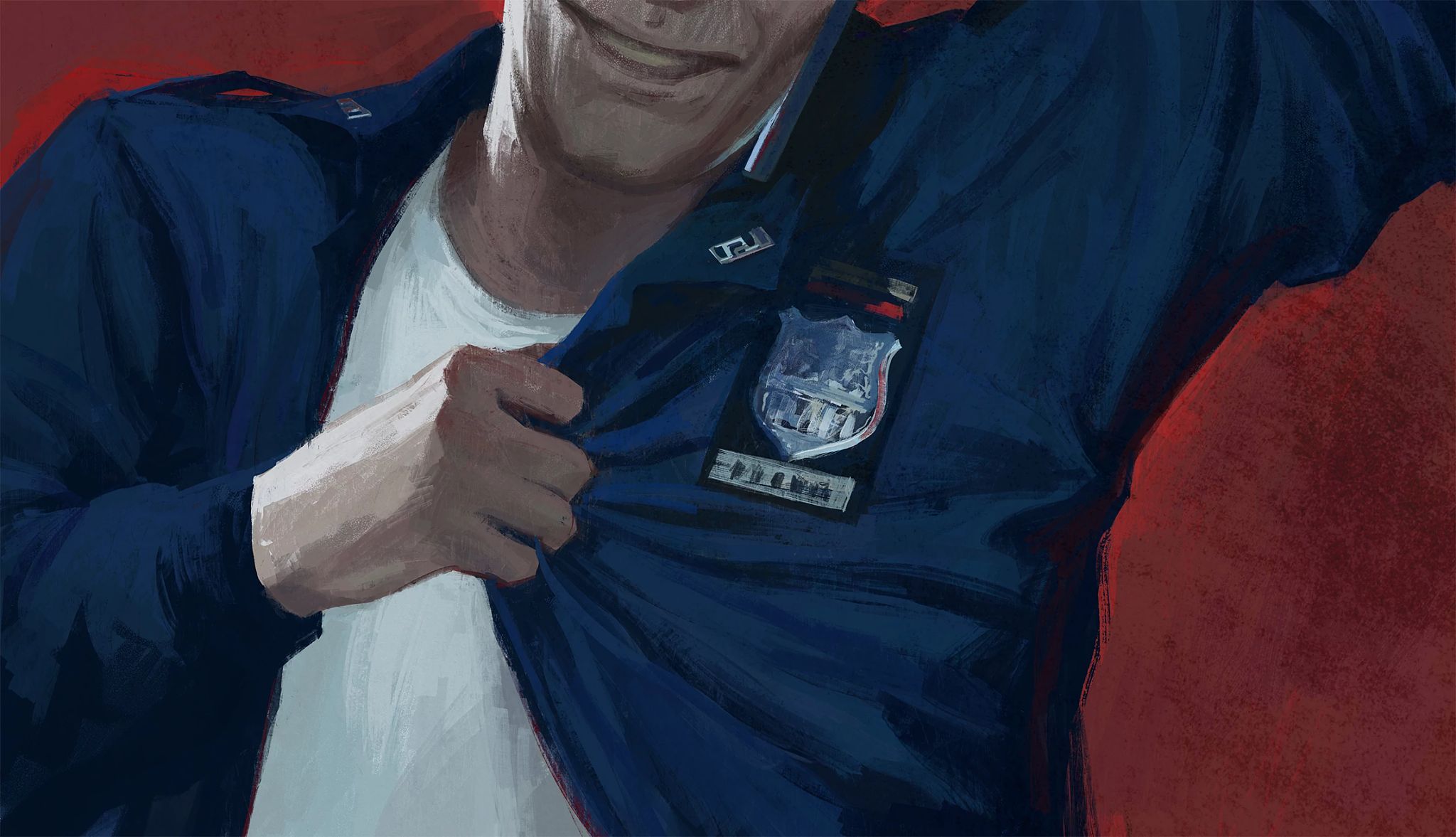
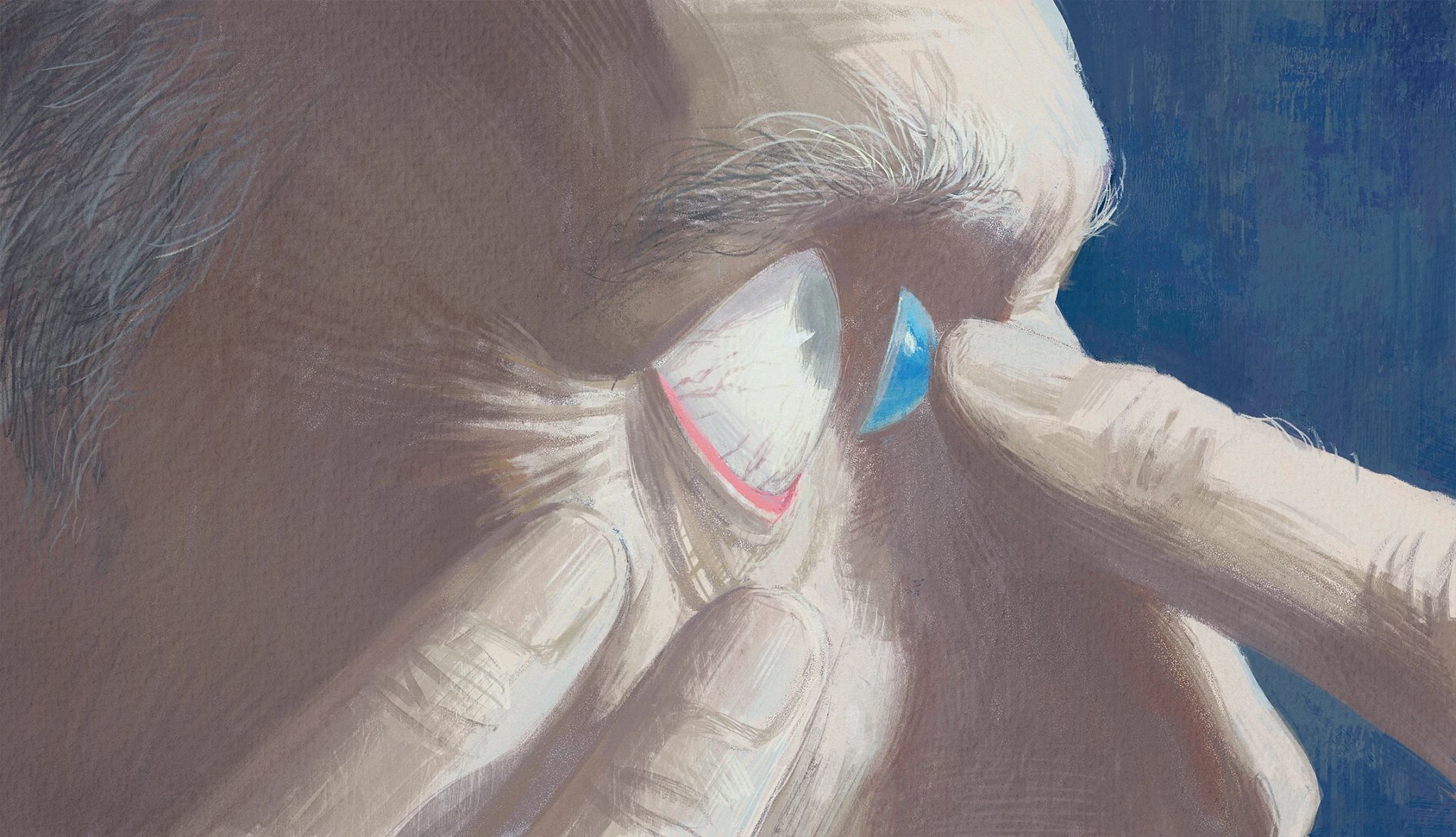
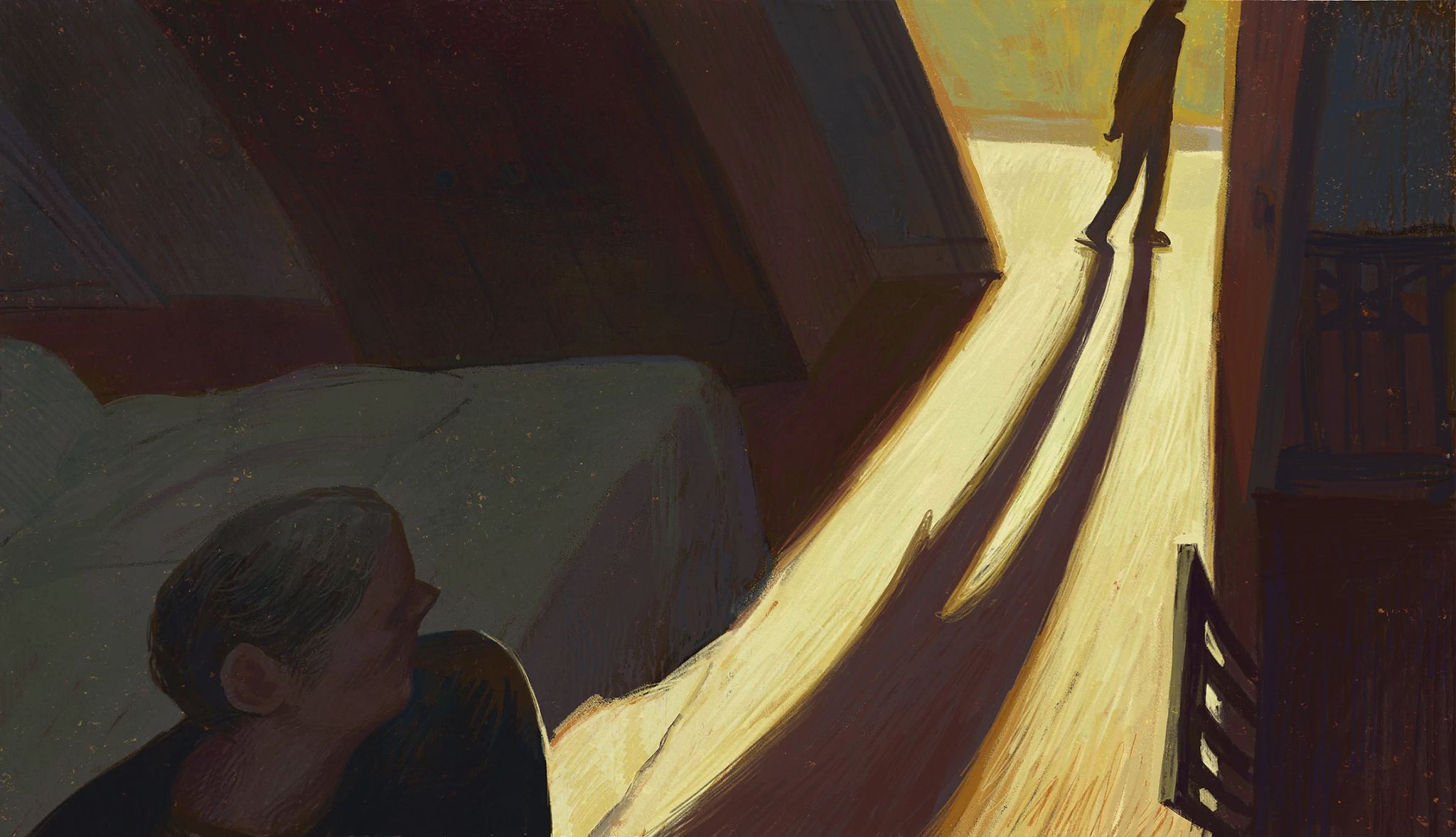
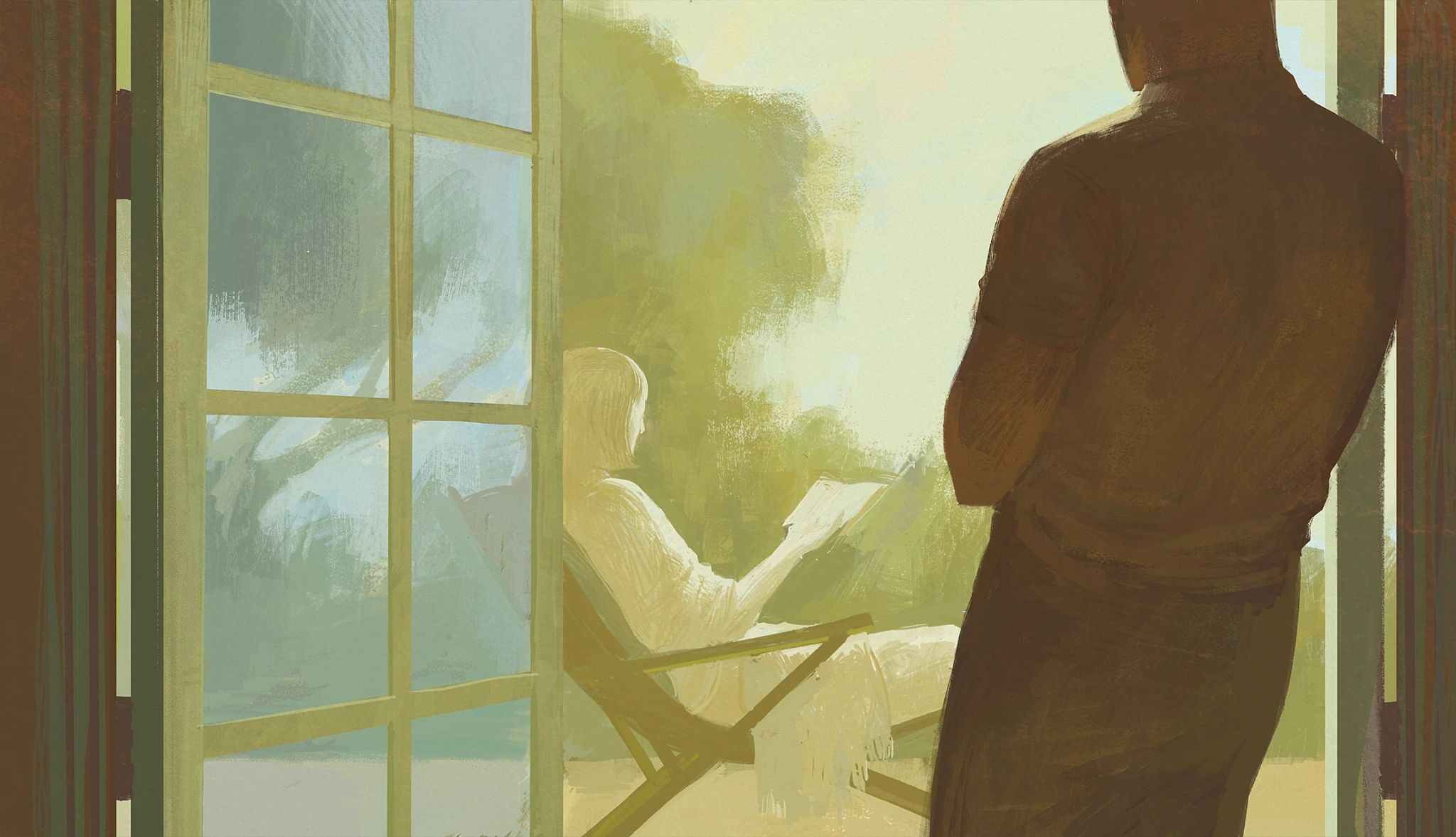
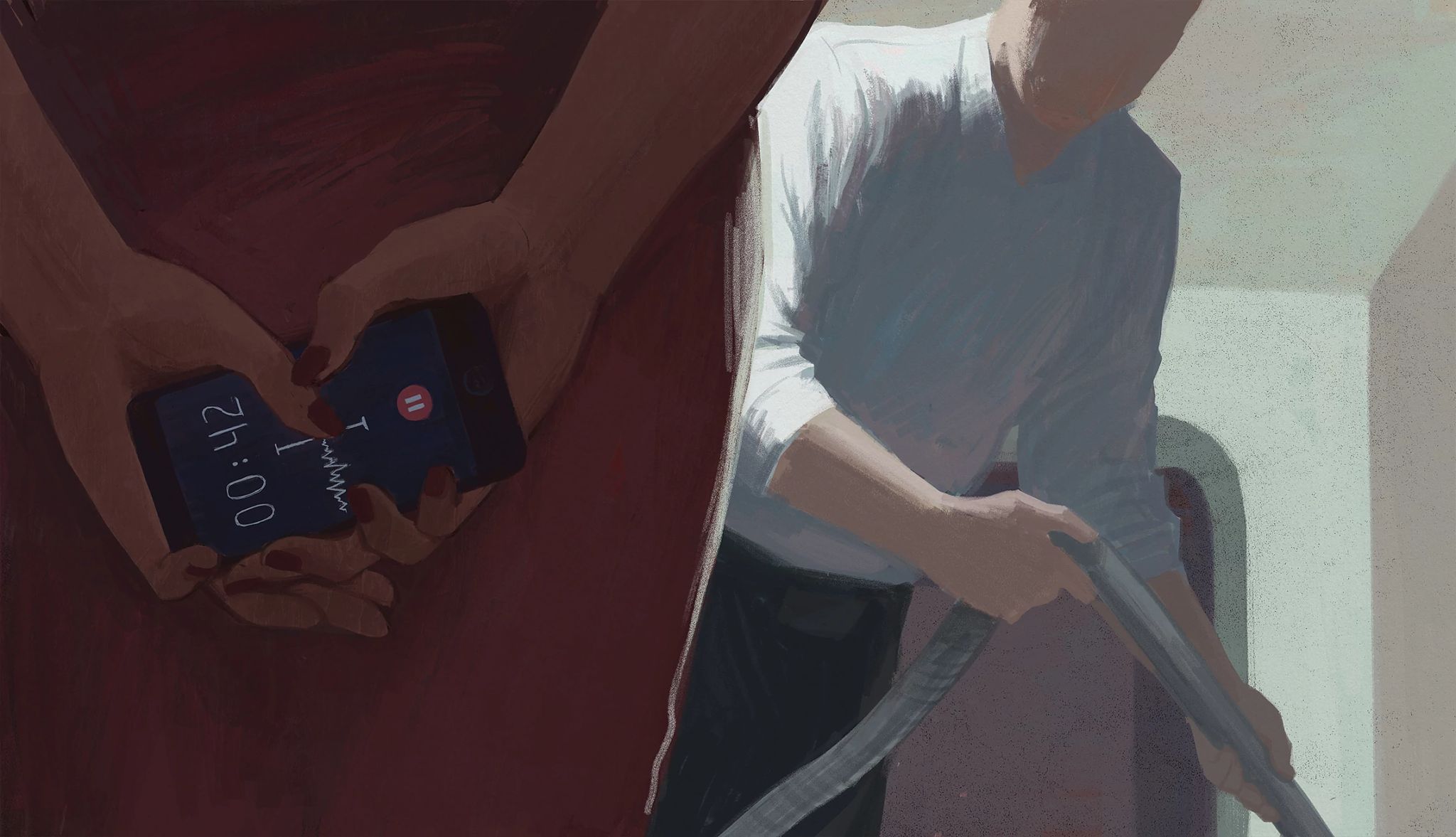
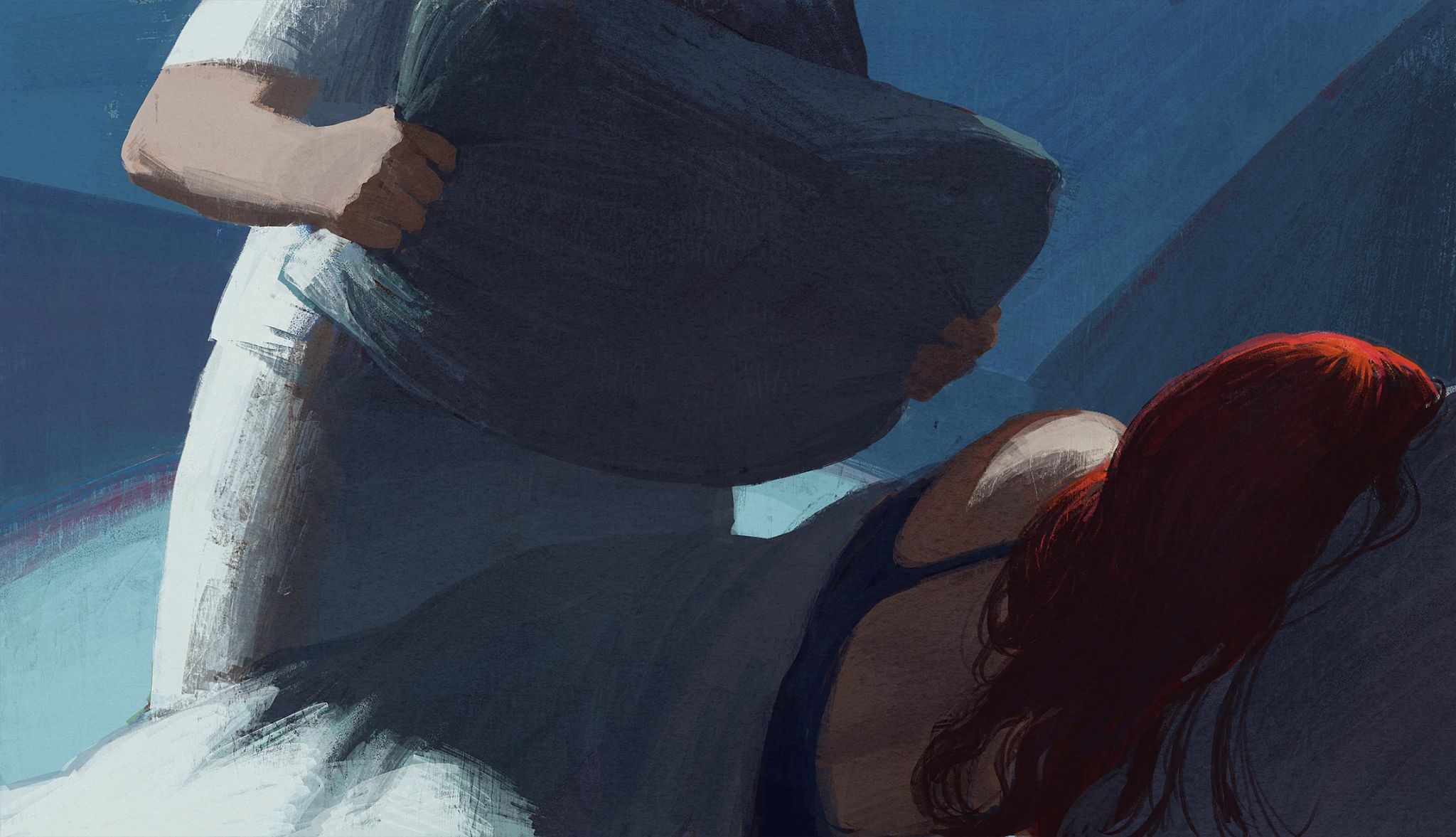




You Might Also Like
Alafair Burke on the Delights of Co-Writing With Mary Higgins Clark
How the two mystery novelists created the celebrated Under Suspicion series and forged a beautiful writing friendship
Free: James Patterson's Novella ‘Chase’
When a man falls to his death, it looks like a suicide, but Detective Bennett finds evidence suggesting otherwise
More Free Books Online
Check out our growing library of gripping mysteries and other novels by popular authors available in their entirety
AARP Members Edition
Your daily source for candid takes on life, guides to living well, tips for saving money, inspiring travel and much more
Recommended for You